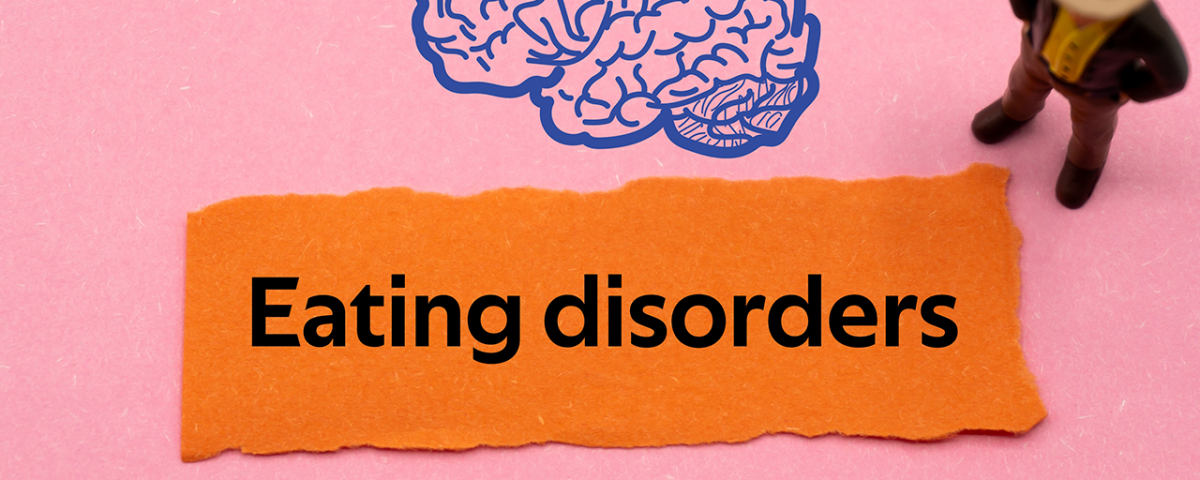Throughout history, humans have found ways to enjoy eating, whether through large social gatherings or intimate family meals. Sadly, this necessary part of life has historically been impacted by the effects of beauty and religious standards, highlighting their consequences on eating habits and mental health. Banyan Philadelphia explores the history of eating disorders.
When Did Eating Disorders Start?
Eating disorders have been historically recorded as far back as 700 BC, during which wealthy Romans like Caesar would fill their stomachs with food. Such was a common practice at his bountiful feasts, followed by its attendants purging themselves of their stomach’s contents, only to return to the party to repeat the cycle.
Eating disorders have been present all throughout history, simply adapting to that period's context and what was important to the people of those times.
Anorexia Mirabilis
Indulgence was not the only example of historical disordered eating. Also referred to as “Holy Anorexia,” Anorexia mirabilis was an eating disorder most prevalent during the Middle Ages of Europe. It possesses the same hallmark of the modern disease, a refusal to eat, but originating from a spiritual source as opposed to an aesthetic one. Many religious women, primarily Catholic nuns, believed that starving themselves was a way to prove their connection to Jesus and his divine struggles.
While fasting was a common religious practice, these women would refuse to cease despite instruction from superiors. A famous example of this was in the case of Catherine of Siena, a prominent member of the Catholic church whose extreme fasting worried all those around her. She died in 1380, at the age of 33, eight days after suffering a stroke from her lack of eating. She was also recorded to have bouts of purging, signaling the presence of bulimia nervosa, another infamous disorder.
History of Bulimia Nervosa
Ancient Egyptian doctors advised people to purge their stomachs monthly, stemming from the belief that the food itself was the cause of human diseases. Similar to anorexia mirabilis, purging was abused in religious settings. Saint Veronica Giuliani (1660 – 1727) was recorded to have done so in retribution for giving into the temptation of eating.
British psychiatrist Gerald Russell was the pioneer of bulimia nervosa research. He described the eating disorder officially in 1979 as a “chronic phase of anorexia nervosa,” during which people would binge eat, then use whatever means necessary to purge or remove the food they just ate.1 In a more modern context, it was done so out of an intense phobia of gaining weight while still experiencing the urge to eat as much as possible.
Eating Disorders Today
This history of eating disorders is a testament to how the trends of those times affected the lives of everyday people. Past societies placed emphasis on religious devotion. Modern-day eating disorders can be heavily attributed to the influence of the multibillion-dollar weight loss industry and popular beauty standards. While the so-called ideal body type continues to change with public perception and current trends, eating disorders will affect the lives of people just trying to keep up.
There will always be an implied standard for people to work towards, but it should never stump the importance of a person’s health, whether mental or physical. Our Philadelphia eating disorder clinic recognizes this and offers a variety of treatment options for clients of all needs.
Call Banyan at 888-280-4763 for more information on our Philadelphia eating disorder treatment.
Sources:
NCBI – Bulimia Nervosa/Purging Disorder
Related Reading:
Disordered Eating vs. Eating Disorder: What’s the Difference?









